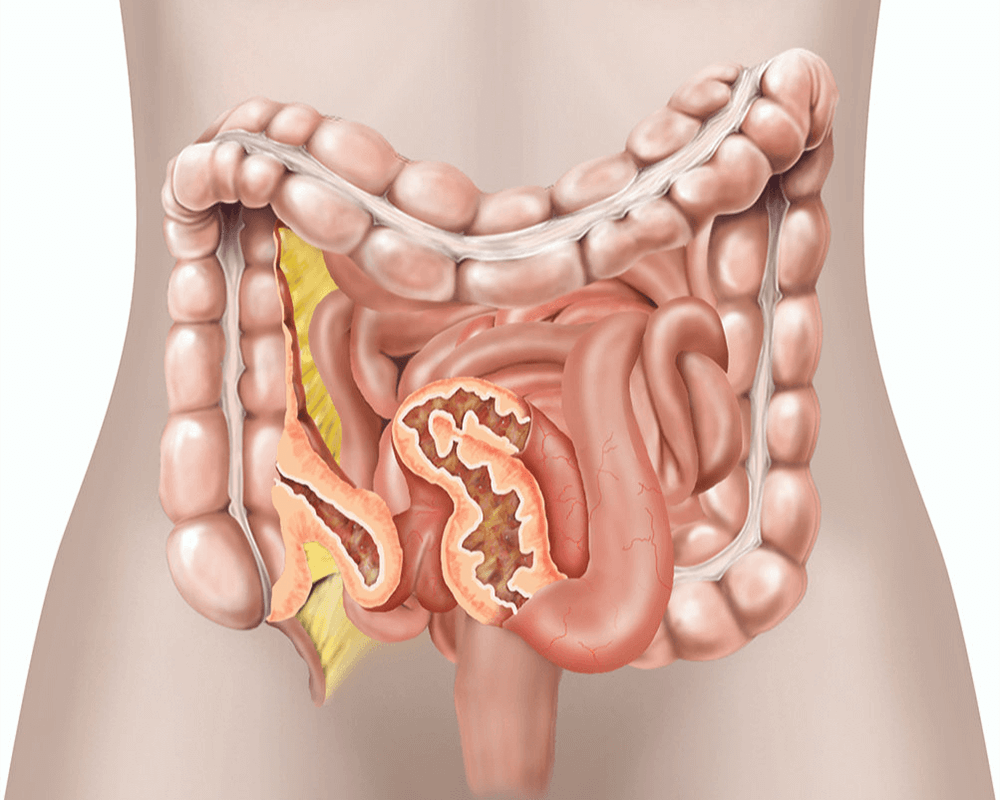What is abdominal surgery?
Abdominal surgery refers to any operation on organs including the stomach, gallbladder, small or large intestine, liver, pancreas, spleen and appendix. It may be performed as an open or laparoscopic procedure.
Some common types of abdominal surgery include hernia removal, appendectomy, abdominal exploration and surgery for inflammatory bowel disease. It may be performed for a variety of reasons, including infection, pain, obstruction or tumors.
How is abdominal surgery performed?
In open abdominal surgery, your surgeon will make a traditional incision, which will later be closed with sutures or staples. In a laparoscopic procedure, your surgeon makes several tiny incisions and inserts instruments that are attached to a camera, allowing a clear view of the internal organs.

What are the risks of abdominal surgery?
All surgical procedures have the potential for side effects and complications. For abdominal surgery, risks may include bleeding, damage to nearby organs, scar tissue and infection. There is also a chance of complications associated with anesthesia, including breathing problems and a reaction to medication. Your doctor should discuss the potential side effects of your specific operation with you.
What happens after abdominal surgery?
After your surgery, you will be given specific instructions regarding medicines, diet, activity and incision care. This information will include a list of symptoms that should result in a call to your provider. Be sure to follow all instructions and keep your follow-up appointments to make sure your recovery goes well.
